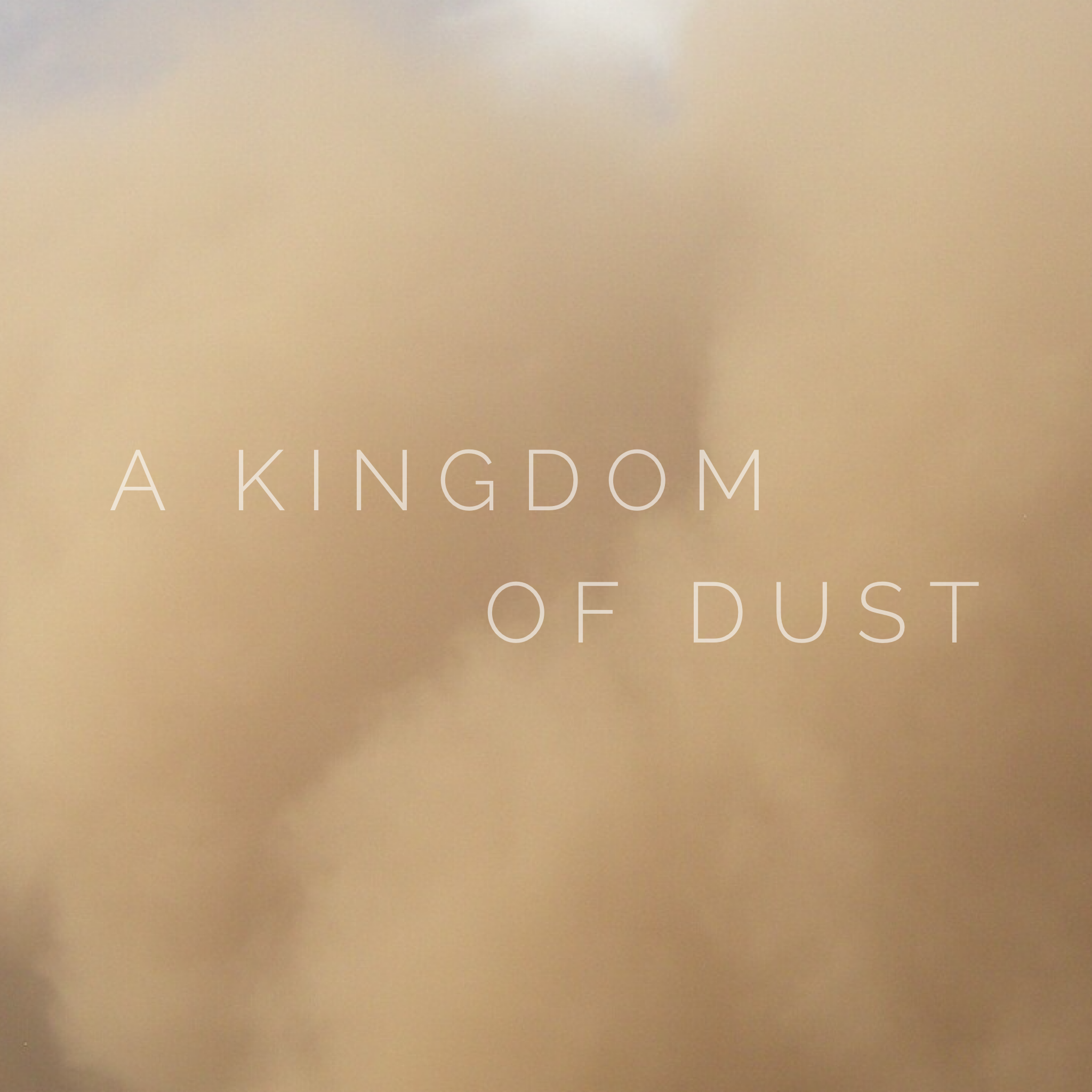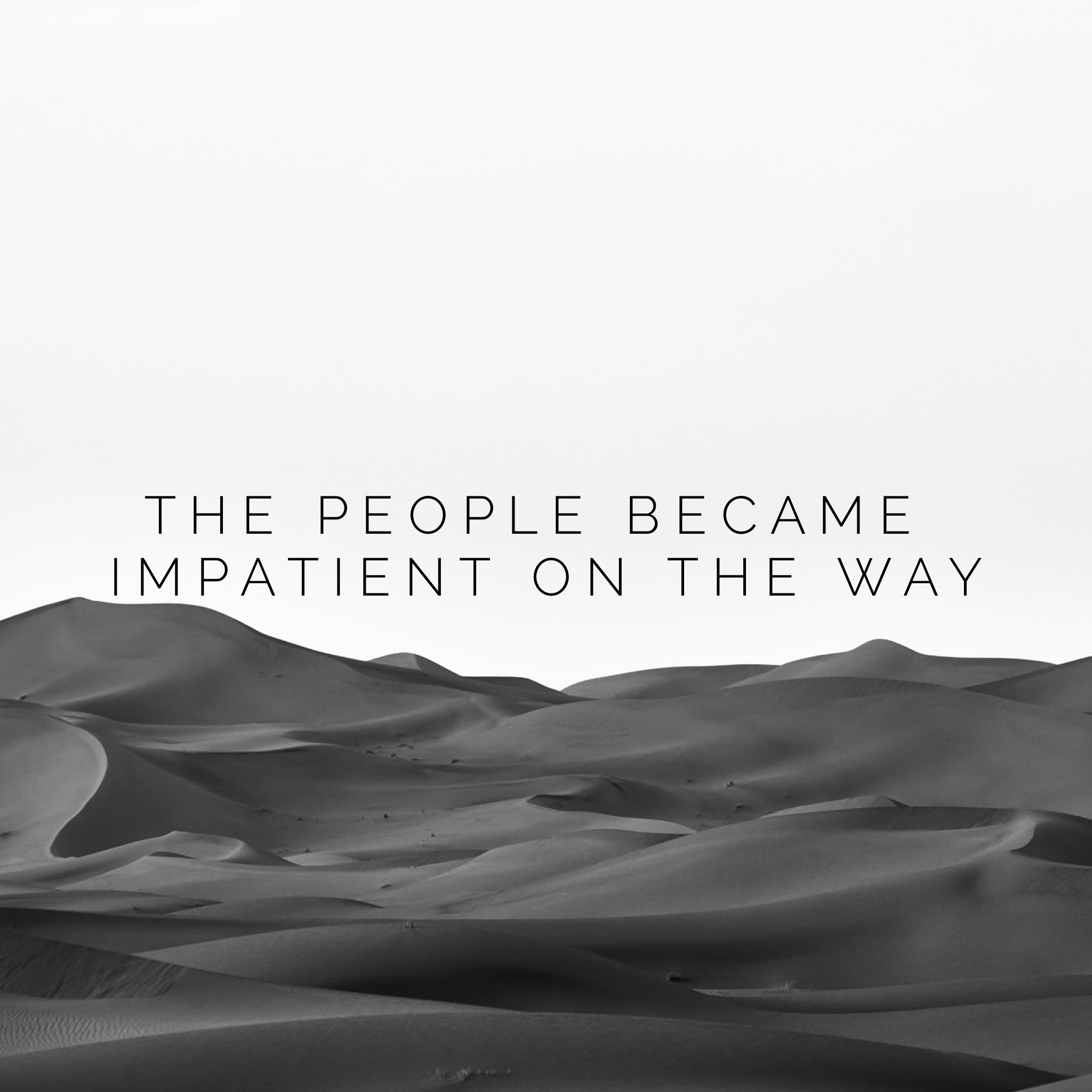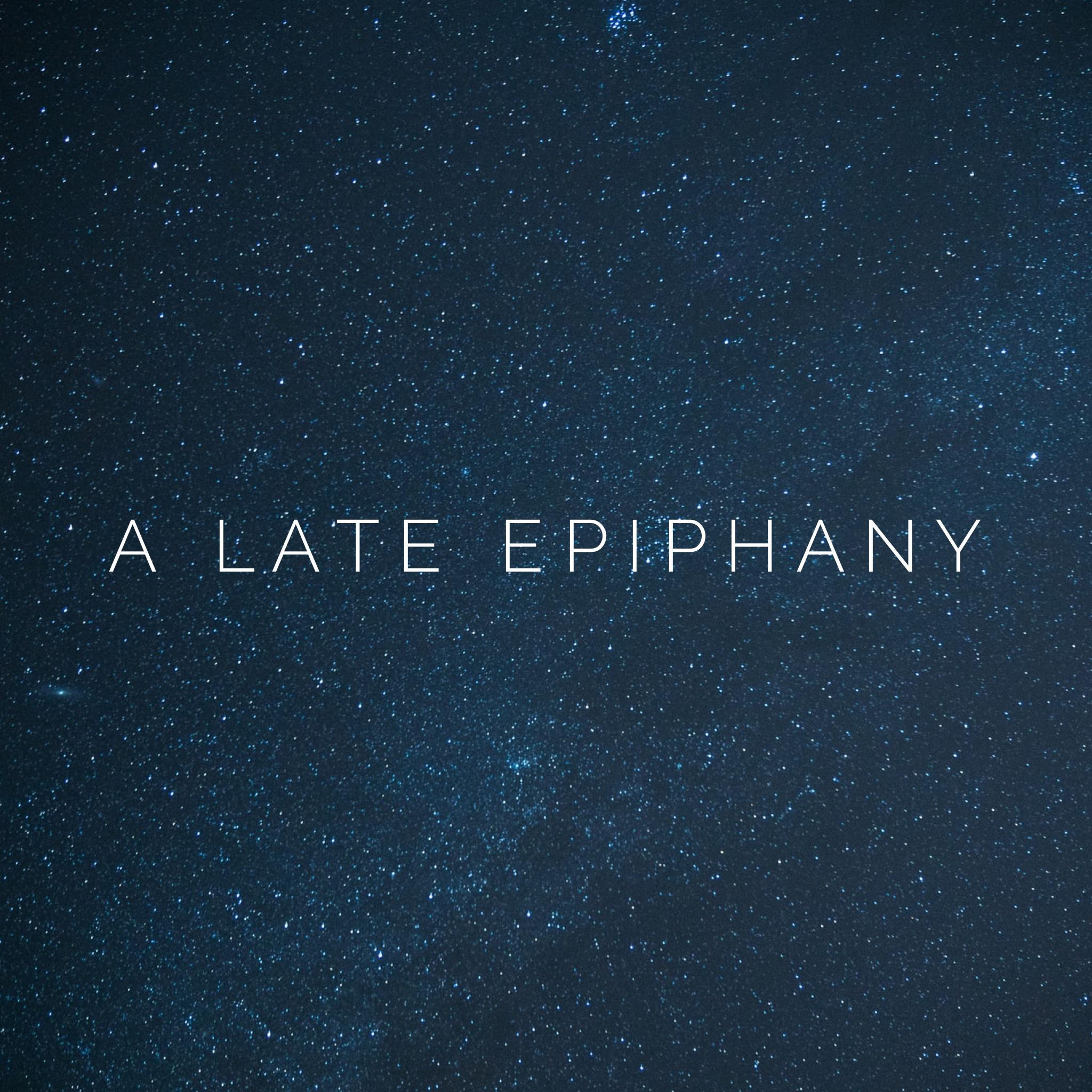A Kingdom of Dust
The de facto joke (if you can call it that) as we enter into Lent is that no one wants to give anything up because we have already given up so much in the last year. We’ve been in Lent since mid-March. We had to give up time with friends, going to restaurants or the movies, seeing our favorite teams play, and so much more. Lent came for us, elevated its game, and then stuck around for well past forty days.
One of the refrains of Ash Wednesday—this first day of Lent—is “Remember you are dust and to dust you will return.” I usually think about that in very narrow terms. The minister says it to me as she or he imposes the ashes on my forehead. Yet this last year has been a reminder that all of this is dust. The world as you and I know it can vanish with a gust of wind: a pandemic, a diagnosis, a fractured relationship, anything. Our world is dust.
What do you do when you and all around you is dust? I guess that you could sit in the ashes and mourn its fleeting nature. Or you could just throw caution to the wind and roll around in as much dirt as you can while the getting is good. You could grow numb to the seeming meaninglessness of this whole random venture. Sometimes we feel like doing all three of these things in one Tuesday.
The other refrain of this day is “Repent and believe the gospel.” To change direction and believe in this good story. It is true that we, those around us, and virtually everything everywhere is dust and to dust it will all return. Yet the good story starts with the picture of God breathing upon the dust and animating it with life. Though the dust is fleeting there is something more bestowed upon it and that more lights up every corner of this planet.
I forget about that some days. I think we all do. Life just becomes a dust storm sometimes. And so Jesus comes along and reminds us of this incredible gift we have been given and the God from whom we receive it. He teaches, shows, demonstrates, and sometimes demands that we see the something more in ourselves and in our neighbor; that we understand the invisible yet more permanent thread that binds us to our Creator and to one another. He lives, dies, and comes back from death to show us just how much God loves and values this impermanent place and its people. To show that there is something beyond this kingdom of dust and at the same time cherish what we have right here and now.
To repent and believe the gospel is, in part, to stop chasing after the wind. To end our attempts to accumulate all that we can and build sandcastles that are never going to last. To cease focusing on the dust rather than the love that animates it all. Jesus calls us to dig underneath the surface for the Good which makes all of it come alive.
You and I are dust and to dust we will return, but the good story is God loves us, breathes life into us, and gives us a chance for something more. And when we turn from the ways in which we hurt each other, ourselves, and God and truly seek God through the dust storm, it makes everything—as impermanent as it is—come alive for today, for forty days, for the days after we return to the dust.








